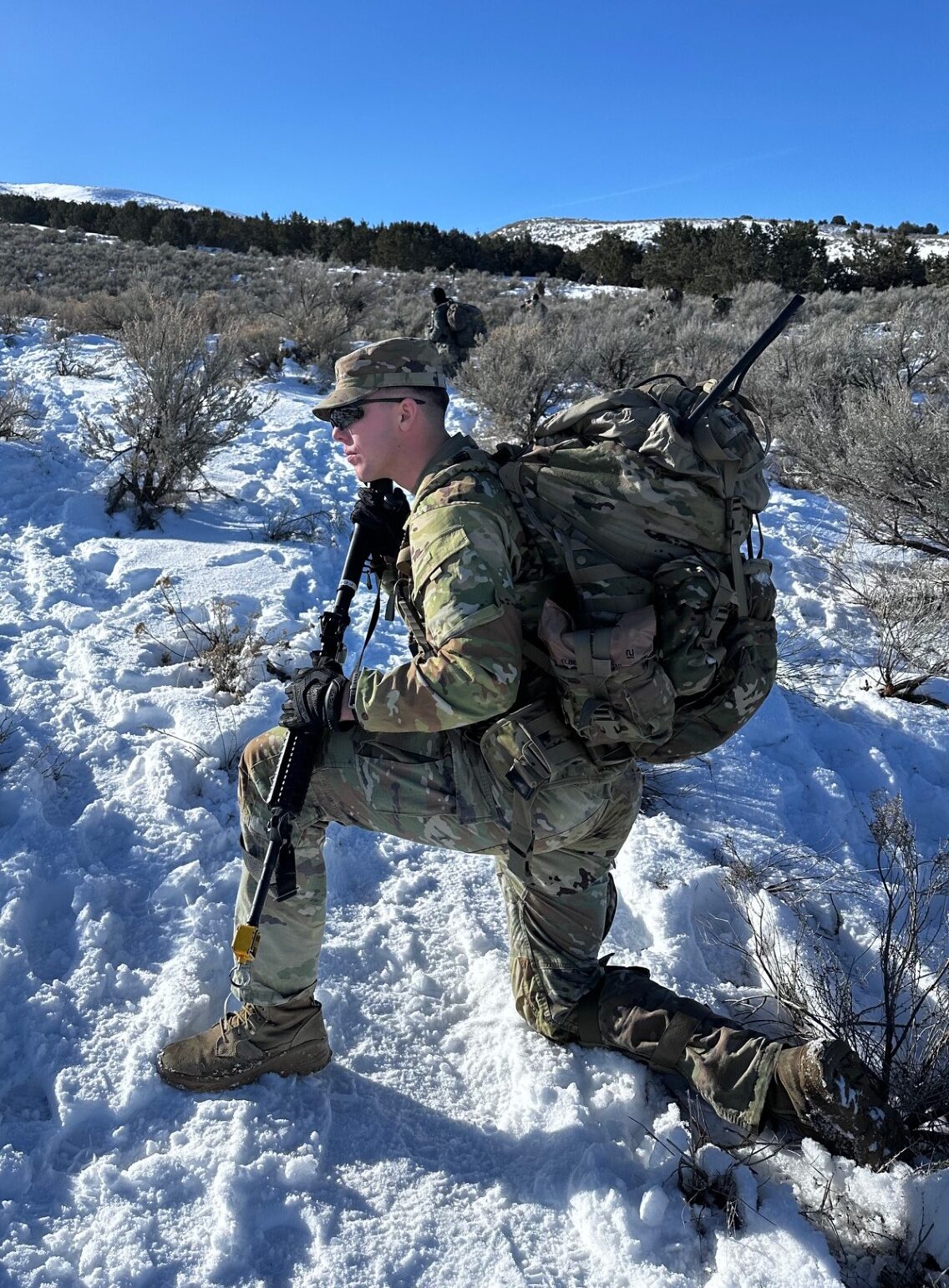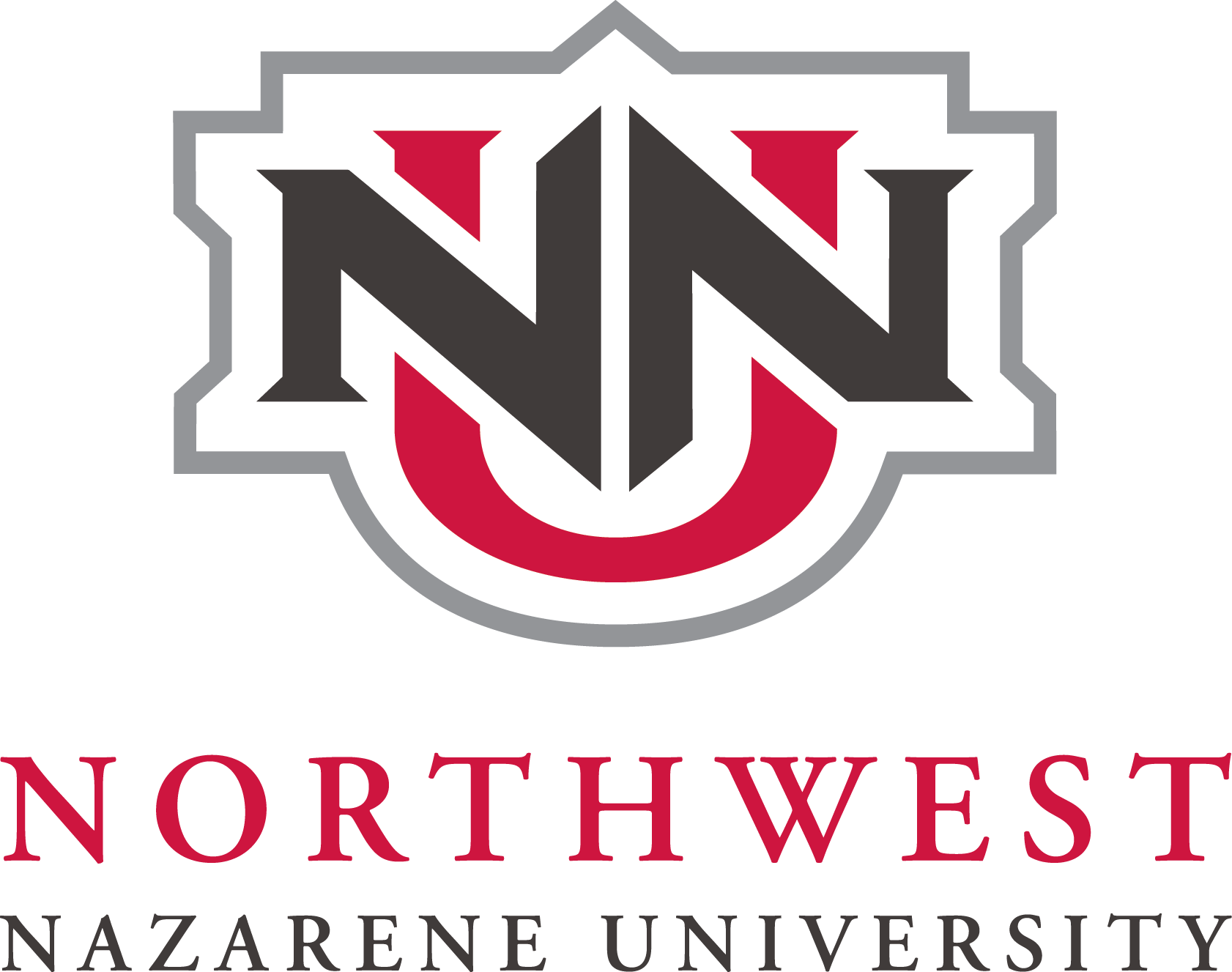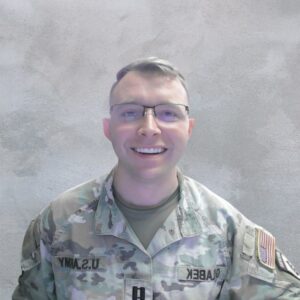Mr. Hugo Manzo
208.467.8390
hmanzo@nnu.edu
Department of
Military Science
Department of Military Science
NNU’s Army Reserve Officers’ Training Corps (ROTC) program is dedicated to training and developing the next generation of military leaders who will serve our nation with distinction and honor. We take pride in the contributions our commissioned officers from the NNU Army ROTC program have made throughout history.
As a cadet in our program, you will experience a unique college journey that combines rigorous academics with hands-on military training. Our goal is to equip you with the necessary skills and leadership abilities for success in all aspects of life. Upon graduation, you will have the privilege of becoming an Officer in the United States Army, with opportunities for both full-time and part-time military service.
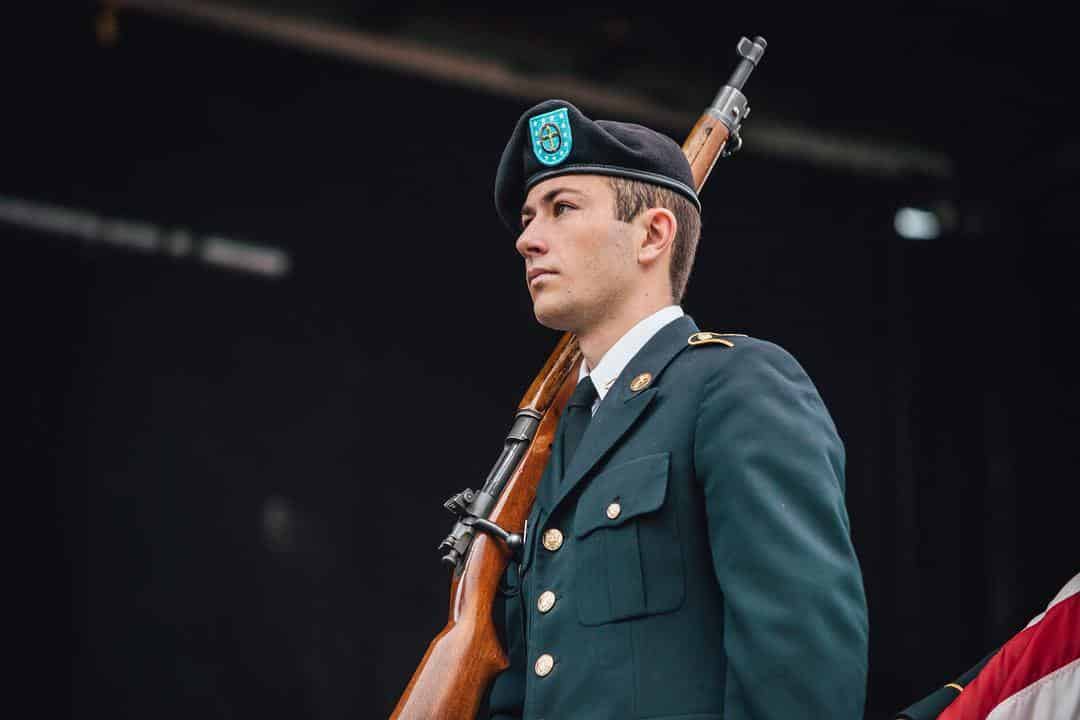
ROTC
ROTC training goes beyond the typical college classroom. You could be leading your classmates on a tactical “mission” or taking part in outdoor adventure training designed to improve your ability to solve problems under stress. It takes no more of your time than would most other college courses. The credits you earn from ROTC classes go toward your diploma. And when you graduate, you’ll receive a diploma and a commission as a Second Lieutenant (2LT) in the U.S.
You’ll learn skills you would expect to find in an Army officer, including how to motivate co-workers, cope with the unexpected and organize large, complex tasks. But you’ll also learn skills in demand today in the civilian and business world, such as teamwork, tact and effective communications. You’ll learn from experienced Army officers and non-commissioned officers and, in time, help pass on what you’ve learned to newer students as well.
Army ROTC is designed as a four-year program comprised of two courses, the Basic Course and the Advanced Course, created to train and develop you to lead as an Office in the U.S. Army. Students are typically assigned a Military Science level (MS) I through IV. The basic course is for MSI and MSII students. Juniors are considered MSIII students and Seniors are MSIV students. Below is an outline of what is covered during each course.
There are many pathways for completion of the ROTC programs. Please contact armyrotc@nnu.edu so we can see how ROTC can fit into your journey.
Benefits of Joining Army ROTC at NNU
- Extensive leadership training
- Financial support through scholarships and monthly stipends
- Guaranteed employment upon completion of the program and graduation
- Higher graduation rate and shorter graduation time
- Language Incentive Pay
- Opportunities for extracurricular activities
- Peer/cadre support
- Skills training in 17 Basic Branches
- More than 260 career opportunities available
First-Year & Sophomore Programs (MSI & MSII)
Designed for first-year students and sophomores, this course will develop both leadership and confidence through team study and activities such as physical fitness, team-building exercises, land navigation, oral presentations and fundamentals of small unit tactics. This course lays the groundwork for the Advanced Course.
- Physical Training three times a week on Monday, Wednesday and Friday
- Lecture class once (first-year) or twice a week (sophomores)
- Leadership Lab once a week (3 hours)
- One weekend-long Field Training Exercise per semester
- No military obligation (unless receiving scholarship benefits)
- Scholarship opportunities (multi-year)
- Receive a $420 stipend after contracting
*Important: Note that basic training in any service or completion of USACC Basic Camp meets the requirements for the Basic Course
Designed for juniors and seniors, this course concentrates on tactical operations and military instruction, as well as advanced techniques of management, leadership and command. Students must be contracted to participate in the Advanced Course.
Junior Program (MSIII)
- Physical training three times a week on Monday, Wednesday and Friday
- Lecture class two times a week
- Leadership Lab once a week (3 hours)
- Evaluated Leadership Positions providing direct coaching and mentorship
- Receive a $420 stipend per month (12 months/year) regardless of scholarship
- Advanced Leadership and Public Speaking Training
- Cadet Leadership Course: 4 weeks of training in the summer at Fort Knox, KY
- Requires Army service commitment
Senior Program (MSIV)
- Physical training three times a week on Monday, Wednesday and Friday
- Lecture class two times a week
- Leadership Lab once a week (3 hours)
- Receive a $420 stipend per month (10 months/year) regardless of scholarship
- Advanced Leadership Training: plan and organize training for the underclassmen
- Must complete an undergraduate degree program to complete ROTC and commission as an Army Officer
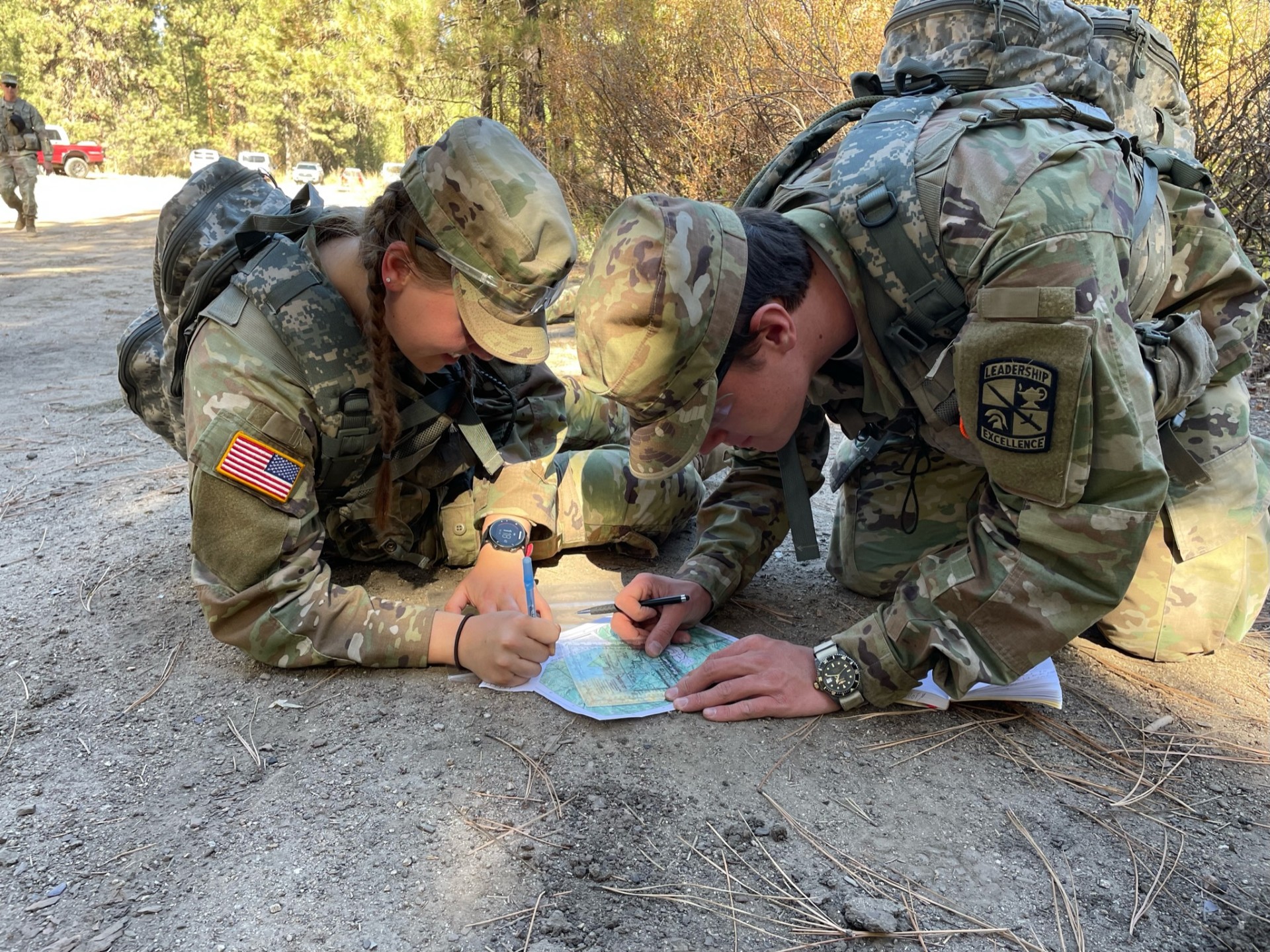
Frequently Asked Questions
By enrolling in ROTC, am I joining the Army?
No. Students who enroll in ROTC don’t join the Army. You’ll take an ROTC class for which you receive credit. It is considered a college elective.
Is ROTC like "Boot Camp"?
No. ROTC cadets go directly to college where they earn their degree.
What can I expect to learn by taking ROTC?
Quite simply, the leadership and management skills needed to become a U.S. Army officer or have a successful civilian career.
What makes ROTC different from regular college management courses?
In ROTC, you’ll learn through a unique program that involves both classroom and “live” situations.
Is there a military obligation during college?
During the first two years, ROTC cadets have no military obligation (unless they’re receiving scholarship benefits).
Does Army ROTC offer scholarships?
Yes. Each year, hundreds of students attending colleges nationwide receive ROTC scholarships.
Can graduate students do Army ROTC?
A common misconception for many prospective students is that Army ROTC is not an option for graduate students. Joining Army ROTC and becoming an officer is definitely possible as a graduate student, but requires planning. As a graduate student, you’ll automatically start off in the junior year of Army ROTC, so certain requirements must be met before you begin your graduate program in order to make up the prerequisite 100- and 200-level ROTC courses.
As a graduate student, do I have to go on Active Duty?
Graduate students (who are not currently enlisted in the Army Reserve or National Guard) can choose to compete for Active Duty or volunteer to go into the National Guard or Army Reserve. Just like all cadets who wish to go into Active Duty, the process of being selected for Active Duty is competitive. Special scholarships are also available that will lock you into the National Guard or Army Reserve if you want to pursue that path.
Careers in the Army
The Army has many career paths beyond just the typical infantry soldier. In fact, for every one front line infantry soldier, there are about seven others supporting—from logistics to medical, engineers and information analysts, pilots to chemical specialists—there’s something for everyone. See more information on all available careers here.
As a Second Lieutenant, you will start by leading platoon-sized units of 16-44 soldiers. As you continue in the Army, these units and responsibilities increase. Within just 10 years, you may be responsible for up to 1,000 soldiers within your unit.
Your opportunities for growth continues beyond ROTC and your Army service! When you become an Officer in the Army, you’ll establish a fulfilling, lifelong career while still having opportunities for advancement and training. Becoming an Officer will also help you if you decide to enter the civilian workforce, as employers place a high value on workers who can lead others in stressful situations.
